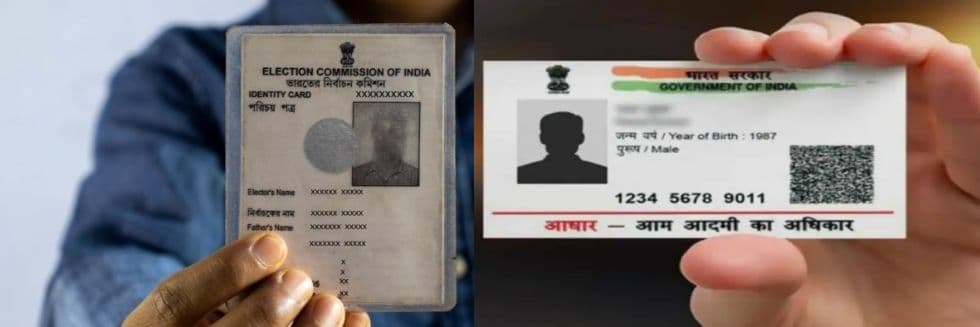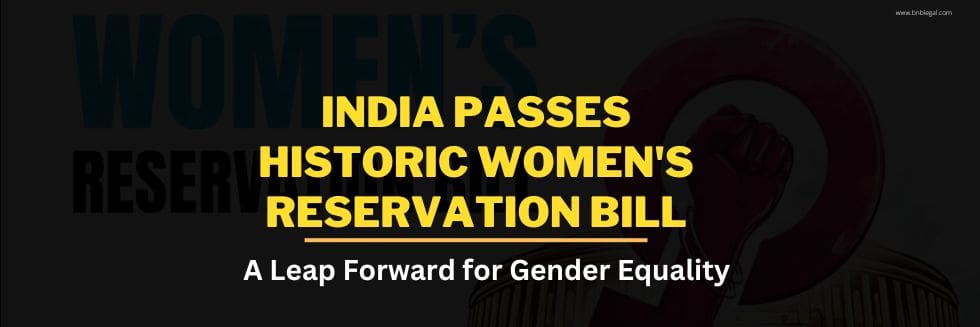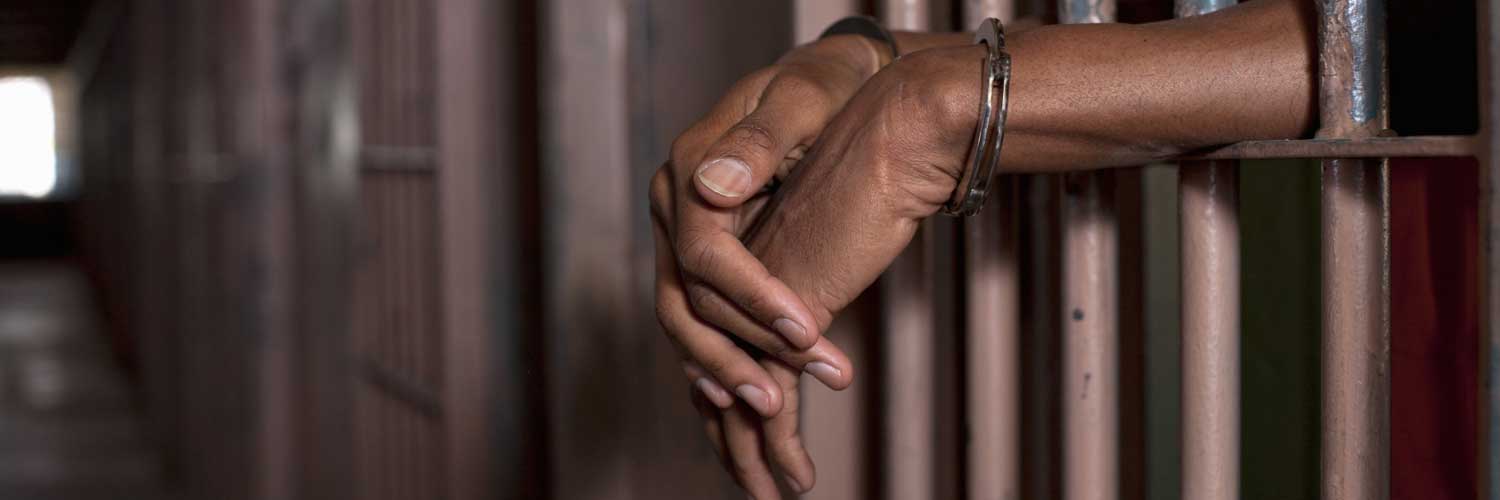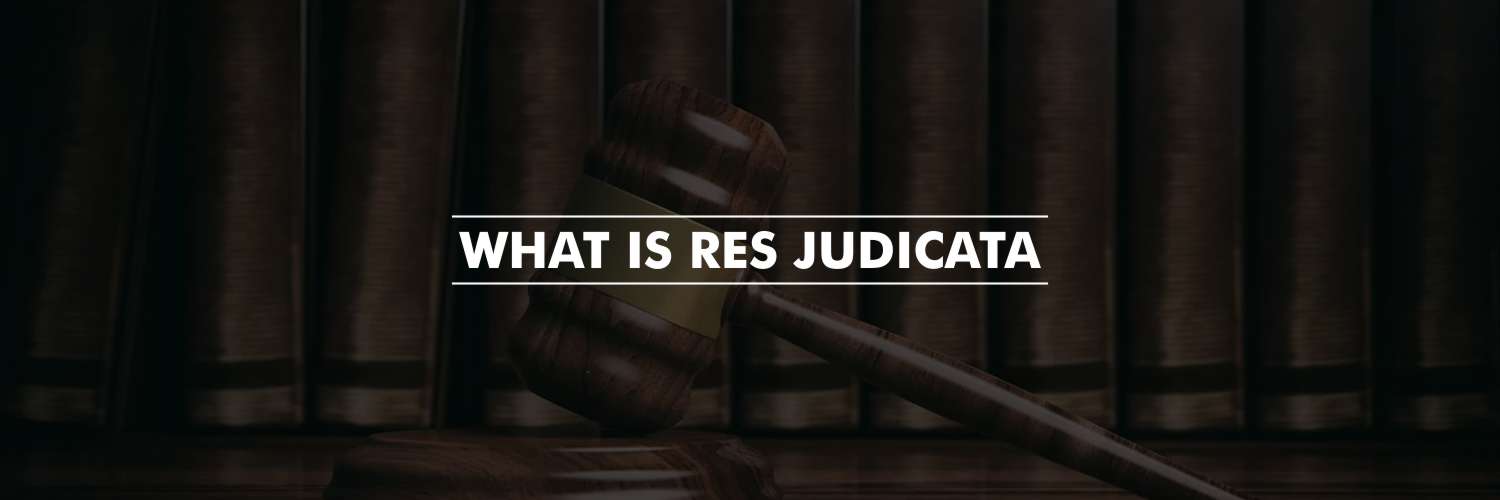Introduction:
The highly debatable case surrounding NewsClick, a prominent English-language news portal in India, has captured national and international attention. Journalists and several politicians are staging protests in India as well as in other countries to oppose this action against the independent journalists whose houses were raided. Their phones and laptops have been seized. Accusations of foreign funding irregularities, purported ties to China, and the application of anti-terror laws have cast a long shadow over the landscape of press freedom in the country. This article covers everything you need to know about NewsClick Controversy.
This detailed article endeavors to provide a meticulously detailed account of the timeline of events, critical facts, charges leveled, and individuals embroiled in this high-stakes case, while also shedding light on recent developments such as the denial of FIR copies, the funds involved, and the FIR against their defence lawyer.
Timeline of Events In Newsclick Controversy Case
August 2020 – Economic Offences Wing Case:
- The Delhi Police’s Economic Offences Wing registers a case against NewsClick for purported violations of Foreign Direct Investment (FDI) norms.
- The crux of the matter lies in the foreign funding received by PPK NewsClick Studio Private Limited from Worldwide Media Holdings LLC, US, during the fiscal year 2018-19.
February 2021 – ED Probe:
- The Enforcement Directorate (ED) initiated a probe into the case initially registered by the Delhi Police EOW.
- Money laundering allegations are introduced into the investigation, significantly escalating its gravity.
June 2021 – Delhi High Court Protection:
- Seeking protection against any potential action, NewsClick’s founder, Prabir Purkayastha, approaches the Delhi High Court.
- The court issued directives to the ED, restraining it from pursuing coercive measures against NewsClick and Prabir Purkayastha until July 5.
This protective umbrella is subsequently extended until September 2 through multiple court hearings.
July 2021 – Funding Source Identified:
- ED claims that American businessman Neville Roy Singham played a pivotal role in channeling ₹38 crores in funding to PPK Studio Pvt Ltd between 2018 and 2021.
- Revelations indicate that these funds also found their way to activist Gautam Navlakha, who stands as an accused in the Elgar Parishad Case.
- ED questions Gautam Navlakha in jail regarding his association with the founder of NewsClick.
August 2021 – UAPA Charges Registered:
- The Delhi Police Special Cell files a case against NewsClick under Section 153A and Section 120B of the Indian Penal Code (IPC) and Section 16, Section 17, Section 18, and Section 22C of the Unlawful Activities (Prevention) Act (UAPA).
- These charges encompass promoting enmity, criminal conspiracy, and associations with terrorist acts and the financing thereof.
Key Facts and Charges Against NewsClick Journalists
Foreign Funding Allegations:
- NewsClick allegedly received ₹9.6 crores as FDI in April 2018 from US-based M/s Worldwide Media Holdings LLC.
- The transaction raised eyebrows as the shares of the company were acquired at an inflated premium of ₹11,510 per share.
- The shadowy figure of Neville Roy Singham, purportedly linked to the Chinese Communist Party, is alleged to have infused funds with the intent to promote “leftist ideology.”
Utilization of Funds:
- Foreign funds reportedly financed a range of activities at NewsClick, including the payment of salaries to key individuals.
- Activist Gautam Navlakha is said to have received ₹21 lakh as salary, while journalist Paranjoy Guha Thakurta allegedly pocketed ₹40 lakh.
- Human rights activist Teesta Setalvad’s family members are claimed to have received ₹24 lakh as salary.
Journalists Raided And Questioned In NewsClick Case
Prabir Purkayastha:
- Founder and editor-in-chief of NewsClick.
- Endured incarceration during the 1975 Emergency period in India.
- Allegedly entered into a joint venture with Gautam Navlakha, backed by investments from a US-based defense company.
Bhasha Singh:
- An activist and journalist renowned for her coverage of manual scavenging and farmer suicides.
- A vocal critic of the government, particularly the BJP, and known for criticizing the praise of Mahatma Gandhi’s assassin.
Abhisar Sharma:
- A prominent video journalist recognized for his critical views towards the government.
- Notable stints at BBC Hindi and NDTV, including a video report covering widespread protests by government employees against a new pension scheme.
Paranjoy Guha Thakurta:
- A writer, journalist, and filmmaker famous for his investigations into billionaire tycoon Gautam Adani.
- Grappling with multiple defamation suits filed by Gautam Adani.
- Mentioned in a report by Hindenburg Research alleging stock manipulation and accounting fraud by companies linked to Gautam Adani.
Sanjay Rajoura:
- A renowned stand-up comedian with experience in Bollywood.
- A member of the comedy-music trio Aisi Taisi Democracy.
- Celebrated for his biting political satire encompassing subjects like caste, masculinity, freedom of speech, and fake news.
Sohail Hashmi:
- A historian, activist, and filmmaker with over a decade of experience conducting talks and heritage walks on Delhi’s history.
- Involved in organizing programs marking the 75th anniversary of Gandhi’s assassination through Sahmat, a trust he runs.
Irfan Khan:
- A seasoned political cartoonist contributing to major English and Hindi newspapers and TV channels for three decades.
- Notable for his satirical cartoons on major news events and collaborations with the Election Commission of India on voter awareness campaigns.
Charges Under Unlawful Assembly (Prevention) Act (UAPA) and Indian Penal Code
NewsClick and its executives face a battery of charges under various Sections of the UAPA and IPC. Delhi Police registered a case against the NewsClick journalists under Section 153A (promoting enmity) and Section 120B (criminal conspiracy) of the Indian Penal Code and Section 16, Section 17, Section 18, and Section 22C of the Unlawful Activities (Prevention) Act (UAPA).
These include promoting enmity, criminal conspiracy, involvement in terrorist acts, and financing thereof. The severity of these charges cannot be underestimated, given their implications for allegations of receiving foreign funds for unlawful activities.
Press Freedom Concerns:
The raids and subsequent arrests have triggered widespread concerns about press freedom in India. Several press organizations, journalist bodies, and political parties have unequivocally condemned the crackdown on NewsClick. Critics argue that the government’s actions have the potential to instill a climate of fear in independent media.
Denial Of FIR Copies To NewsClick Accused
In a recent case involving the arrest of Prabir Purkayastha, founder and editor-in-chief of NewsClick, and Amit Chakravarty, the human resource head, the Delhi Police’s refusal to provide access to the First Information Report (FIR) has ignited controversy. This denial has raised serious questions about the potential violation of a fundamental right enshrined in Article 22(1) of the Indian Constitution, which mandates that arrested individuals must be promptly informed of the grounds for their arrest.
The gravity of this situation becomes apparent when we consider the vital importance of promptly communicating the reasons for someone’s detention upon their arrest. This principle is not only a legal requirement but also a cornerstone of justice. However, the presiding judicial officer, Additional Sessions Judge Hardeep Kaur, declined to furnish a copy of the FIR to NewsClick during two separate hearings, leaving observers perplexed about the casual handling of such a crucial matter related to fundamental rights.
Article 22(1) of the Constitution unequivocally asserts that individuals taken into custody must be informed of the grounds for their arrest without delay. This constitutional safeguard is intended to ensure that no one is arbitrarily detained, and it is bolstered by a body of judicial decisions stressing the urgency of this communication.
Yet, despite the fundamental nature of this right, the court deferred the hearing for access to the FIR on the pretext of the public prosecutor’s absence during the hearings. It is essential to emphasize that the right to access the FIR should not be contingent on the prosecutor’s presence in court. Courts have mechanisms in place to facilitate proceedings even when key officials are unavailable.
During these proceedings, the Delhi Police vehemently opposed the request for the FIR, asserting that it was premature and that the accused should approach the Police Commissioner rather than the court. They cited a 2016 Supreme Court order pertaining to sensitive cases, which appeared to provide a basis for withholding FIR copies under specific circumstances. However, legal experts argue that this interpretation is flawed and that the right to access the FIR remains an inviolable fundamental right.
In a significant 2010 judgment, the Bombay High Court clarified that the FIR’s copy should be provided before or at the time of arrest, as common practice dictates. This practice extends even to sensitive cases involving organizations like the National Investigation Agency dealing with issues such as terrorism. Access to FIRs at the time of arrest ensures that individuals are informed of the precise grounds for their detention.
Deprived of access to the FIR, NewsClick and its legal representatives found themselves unable to pursue legal remedies available under Section 482 of the Criminal Procedure Code, including the possibility of challenging the FIR itself. This denial of critical information has led to media coverage relying primarily on unverified and leaked details from unidentified sources. This situation not only raises concerns about the fairness of reporting but also threatens the rights of both the accused and potential victims.
The absence of the FIR’s disclosure to NewsClick or its availability in the public domain underscores the pressing need for transparency and strict adherence to legal procedures in cases involving arrests and criminal investigations. It serves as a stark reminder of the imperative to uphold individuals’ rights, including the timely communication of the grounds for their arrest, as enshrined in the Indian Constitution.
Special Public Prosecutor Atul Shrivastava described the application as premature and cited 2016 Supreme Court judgment to support the denial of FIR copies to the accused.
As per the Supreme Court’s ruling in the case of Youth Bar Association of India Versus Union of India and Others, in situations involving “sensitive offences” which encompass matters related to terrorism and other similar categories, the police retain the authority to withhold copies of the First Information Reports (FIRs) from the accused individuals. In such instances, the aggrieved party may escalate their concerns to the Superintendent of Police, who can establish a committee to deliberate on whether the FIR should be disclosed. Nevertheless, it is crucial to note that, as per the judgment, an accused individual possesses the freedom to approach the relevant court to request access to the FIR. Once this request is made, the court is obligated to furnish the FIR to the accused person within a period of three days from the date of the application.
Delhi High Court Directed Delhi Police To Hand Over FIR Copy To NewsClick Journalists
A Delhi court has ordered the Delhi Police to provide NewsClick, a news portal, with a copy of the FIR (First Information Report) related to the recent arrest of its editor-in-chief, Prabir Purkayastha, and administrative officer, Amit Chakraborty. The police had initially opposed Purkayastha’s request for a copy of the FIR.
Advocate Arshdeep Singh, representing NewsClick, had sought a copy of the FIR and the police remand application from the Patiala House Courts. While the court had granted the police remand application on Wednesday, it had not provided the FIR as the Public Prosecutor was absent from the court at that time.
During court proceedings, both prosecution and defense lawyers argued about the legality of the arrests. NewsClick cited a Supreme Court judgement stating that the grounds of arrest should be provided to the accused in writing. However, Public Prosecutor Atul Kumar Srivastava countered this by pointing out that the mentioned judgement pertained only to the Prevention of Money Laundering Act (PMLA) and not UAPA cases. He further noted that the grounds for arrest were already mentioned in the remand application, including allegations of undermining the unity of India.
Details of Funds:
The total amount of foreign funding received by NewsClick, as alleged by the authorities, stands at ₹38 crores.
This funding has been a focal point of the investigations, with questions raised about its sources, utilization, and compliance with Indian laws.
FIR Against Defense Lawyer and Key Charges
In a recent development, an FIR filed on August 17, 2023, implicated Prabir Purkayastha, NewsClick, and US businessman Neville Roy Singham in a larger criminal conspiracy. The FIR also named Gautam Bhatia as a “key person” in this alleged conspiracy, involving the infusion of funds by Chinese companies Xiaomi and Vivo and the defense of legal cases against them. Gautam Bhatia is a well-known author and lawyer primarily recognized for his human rights-related work, with no known connections to the mentioned telecom firms. This development has raised questions about the credibility of the FIR and highlights the complexity of the case.
Key Charges Against Advocate Gautam Bhatia
- Infusion of funds by Chinese companies Xiaomi and Vivo.
- Gautam Bhatia’s alleged involvement in defending these telecom firms.
- Ongoing scrutiny of the FIR’s validity and its implications on the case.
Conclusion:
The complicated case entailing NewsClick is a multifaceted and dynamic narrative. Allegations encompass foreign funding irregularities, purported associations with China, and the application of stringent anti-terror laws. The arrests and raids have ignited a fervent discourse on press freedom in India, with many questioning the government’s approach to this complex issue. As the investigation progresses, the implications for media freedom and the fates of the individuals embroiled in this controversy will continue to be monitored closely, both within India and across the global media landscape. The recent developments regarding the denial of FIR copies, the substantial funds involved, and the FIR against the defense lawyer only serve to further deepen the intrigue surrounding this case.
This article is written and submitted by Varsha and you can reach out to the author via bnbvarsha@gmail.com.







